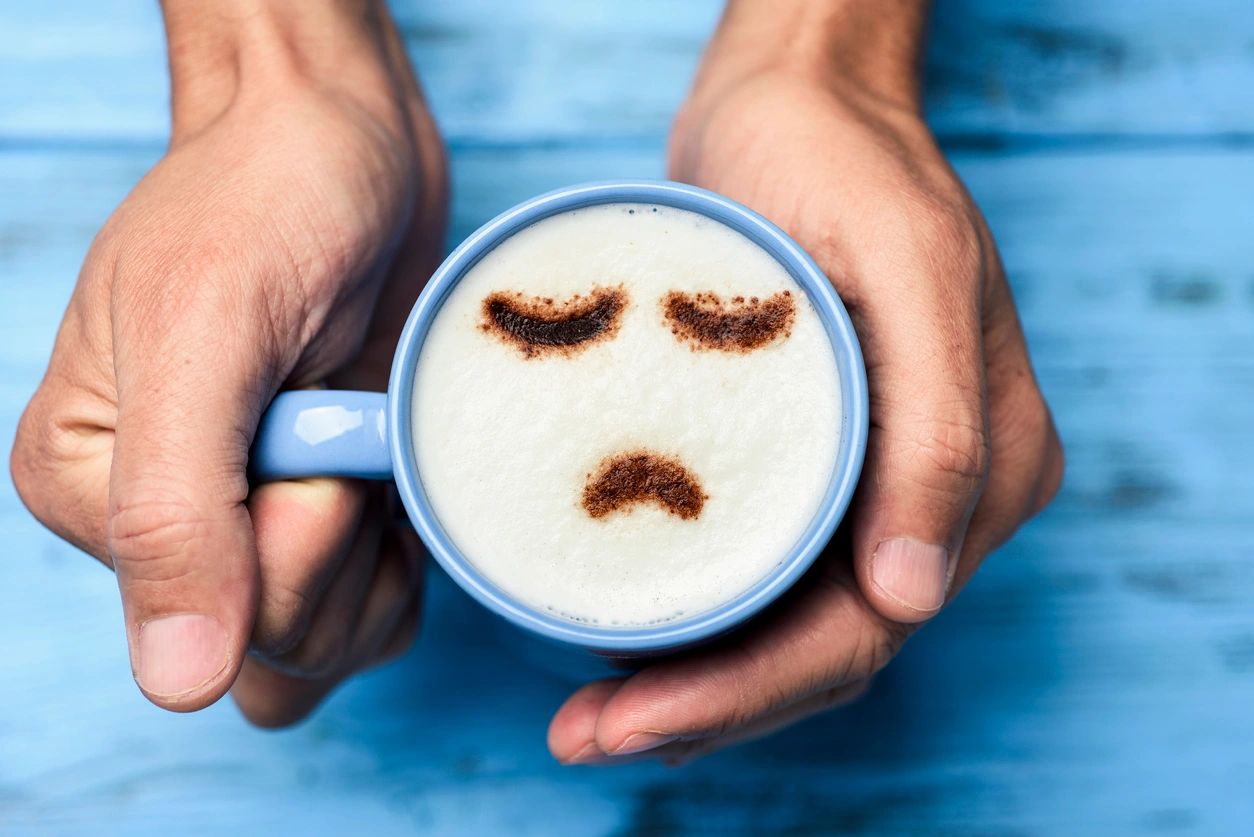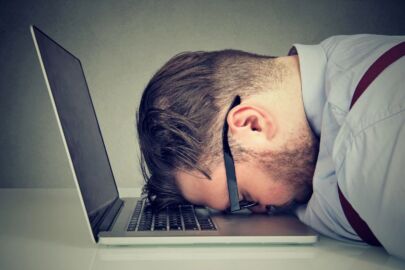Comparison of Depression and Severe Anxiety
Many people are no strangers to depression and anxiety. At some point in their lives, they would have experienced a feeling of emptiness or loneliness, which clinically can be diagnosed as depression and severe anxiety. People are more prone to experience depression and severe anxiety as compared to other psychological disorders. It is a good thing that depression has already been clinically diagnosed and categorized with a list of symptoms and causes, which means that treatment programs have already been developed for it.
Depression Symptoms
- The feeling of sadness or emptiness that seems to overwhelm the person.
- Loss of focus.
- Mental and physical fatigue.
- Insomnia and other disturbed-sleep patterns.
- A noticeable change in appetite or loss of weight.
- Feelings of guilt, nervousness and other similar emotions at an intense level.
Mild depression is categorically called a mood disorder, but separately, clinical depression is a more severe form of depression because the depression is not only included as a symptom but also is the illness itself.
Each person has a different reaction to a major depressive disorder, either a loss of pleasure, mood reactivity or with psychotic tendencies. Depression and severe anxiety have long been said to be co-occurring. That is, they seem to occur at the same time, so that differentiating them may be difficult at times during diagnosis. To point it out, below are some of the common anxiety symptoms.
Anxiety Symptoms
- Heart palpitations.
- A feeling of choking leading to a sense of shortness of breath.
- Nausea and dizziness.
- Losing a sense of reality.
- Trembling and sweating.
- Chest pain.
- Numbness and tingling sensations.
- Hot flushes or chills.
Generalized anxiety or severe anxiety, on the other hand, is characterized by loss of focus, fatigue, tension in the muscles, restlessness and insomnia in addition to above symptoms. Panic attacks or disorders are short but intense feelings of fear or doom that have developed in a very short amount of time and characterized with any combination of above symptoms. Other anxiety disorders include phobic and stress anxiety disorders.
The Relation Between Depression and Severe Anxiety
Studies have shown that about 58% of those people who suffer from depression also show symptoms of anxiety disorder. Because of the resemblance of symptoms, experts oftentimes agree that depression and severe anxiety occur at the same time. The level of the depression and severe anxiety is what makes the difference.
Because of the sometimes merging of these two psychological illnesses, medical experts agree that psychologists should take into consideration the presence of the symptoms of both depression and anxiety to have a more accurate diagnosis.
Medication for Both Depression and Severe Anxiety
The overlapping symptoms of both depression and anxiety result in a similarity in prescribing medication or solutions for treatment programs. Antidepressant drugs are oftentimes considered for anxiety cases. Patients with anxiety attacks should not be worried by the prescription of these antidepressant drugs because the drugs are taken to improve the symptoms, which both illnesses have in common.
Talk therapy is also used in both depression and severe anxiety cases, though talk therapies used for the treatment of depression may be different from those used for the treatment of anxiety.



